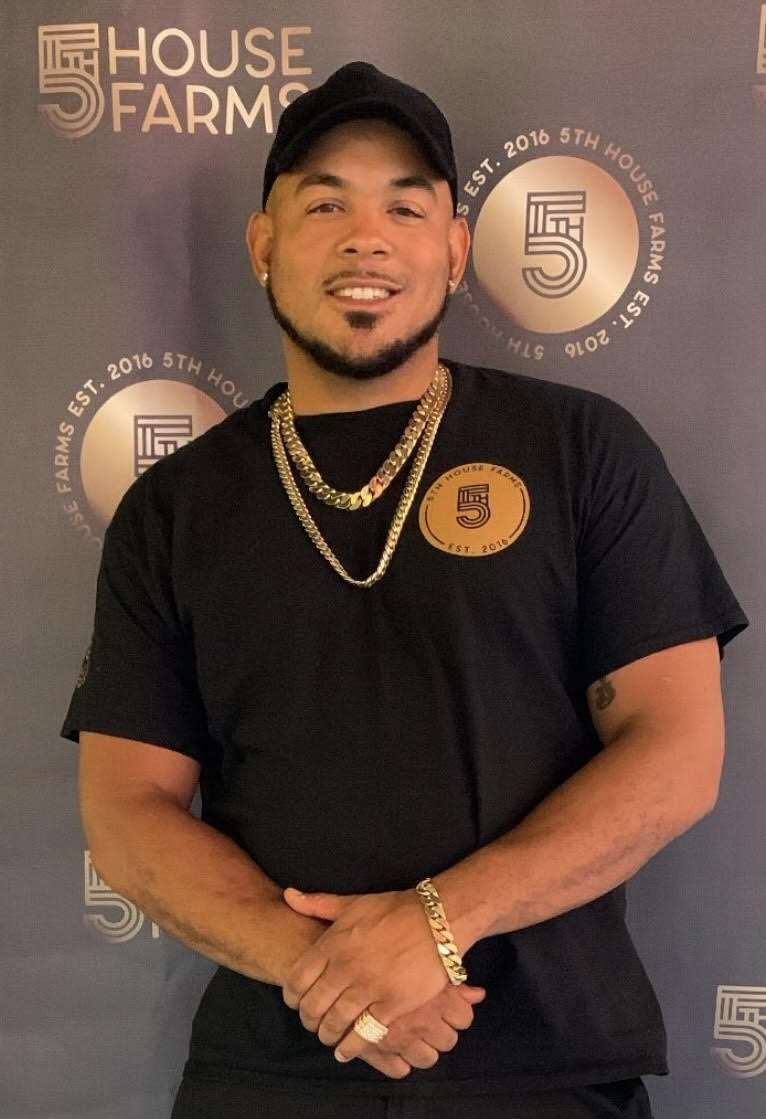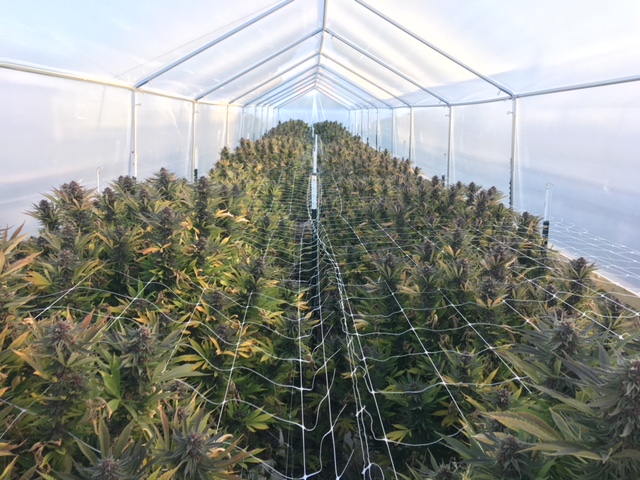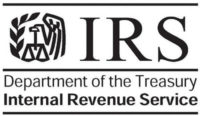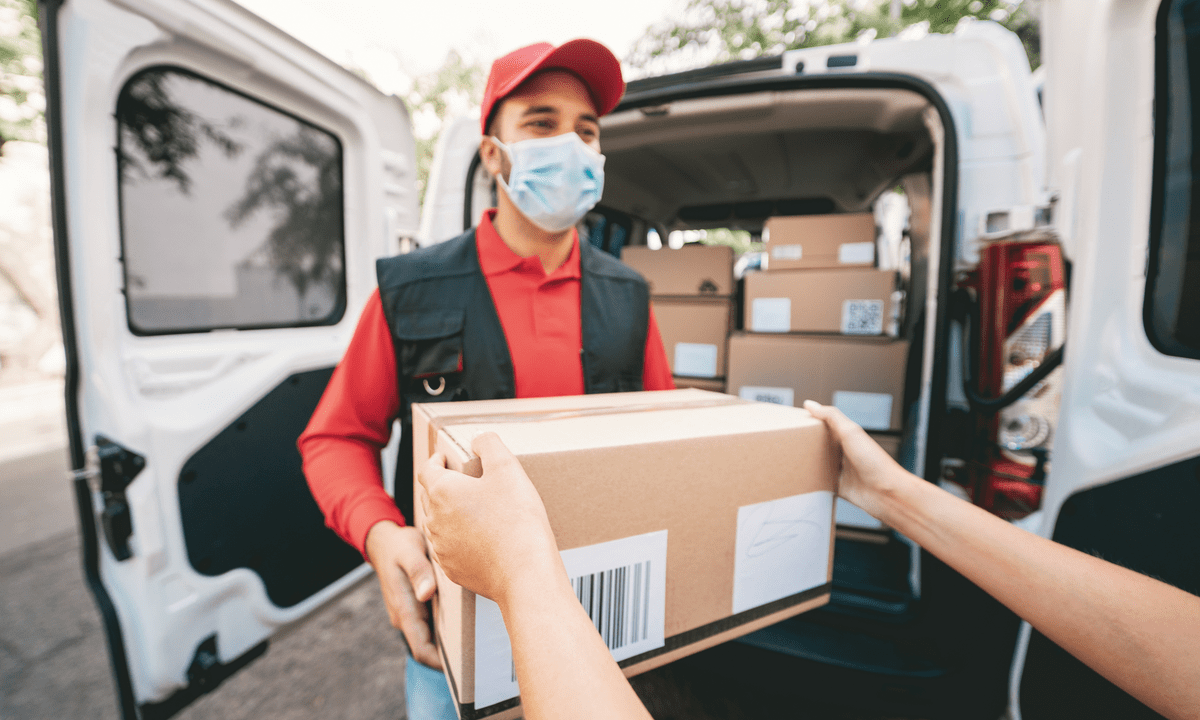The New Jersey legislature recently approved legislation that would allow licensed cannabis businesses to deduct ordinary business expenses on their state tax return that they are prohibited from deducting on their federal tax return, and such legislation has been sent to Governor Phil Murphy to potentially sign into law. This relates to the universally dreaded (among those in the cannabis industry, at least) Section 280E prohibition. This legislation is important because it would change current law to allow legal cannabis businesses in New Jersey to operate on more of a level playing field with other businesses in the state.
Cannabis operators and applicants are penalized by their inability to deduct certain expenses on their state and federal tax returns. The cause for this frustration is twofold. First, under federal law, cannabis is considered a Schedule I controlled substance under the Controlled Substances Act, 21 U.S.C. § 801 (CSA). Second, under IRS Tax Code Section 280E, cannabis businesses that are legal under state law are still considered drug traffickers for the purposes of federal tax law. While a related issue that is often considered along with Section 280E is whether or not it is sound public policy to continue to classify cannabis as a Schedule 1 drug, that is beyond the scope of this article.
 It is important to understand the history and purpose behind Section 280E. The history is unusual in that Section 280E was enacted in 1982 as a reaction to a court case in which a convicted cocaine trafficker asserted his rights under federal tax law to deduct certain business expenses, including a portion of his rent, the cost of a scale and packaging expenses. The court agreed that the cocaine trafficker should be legally able to deduct his ordinary business expenses as part of his criminal enterprise. The federal government then created Section 280E to punish drug traffickers by removing the profit out of drug deals. Section 280E provides, generally, that no deduction or credit will be allowed in running any business that consists of trafficking any controlled substances (within the meaning of schedule I and II of the Controlled Substances Act).1
It is important to understand the history and purpose behind Section 280E. The history is unusual in that Section 280E was enacted in 1982 as a reaction to a court case in which a convicted cocaine trafficker asserted his rights under federal tax law to deduct certain business expenses, including a portion of his rent, the cost of a scale and packaging expenses. The court agreed that the cocaine trafficker should be legally able to deduct his ordinary business expenses as part of his criminal enterprise. The federal government then created Section 280E to punish drug traffickers by removing the profit out of drug deals. Section 280E provides, generally, that no deduction or credit will be allowed in running any business that consists of trafficking any controlled substances (within the meaning of schedule I and II of the Controlled Substances Act).1
Fast forward several decades and New Jersey has legalized medical and adult-use commercial cannabis activities. Still, because cannabis remains a Schedule 1 controlled substance, federal law prohibits legal cannabis companies from deducting ordinary business expenses and New Jersey has similarly applied the Section 280E prohibitions. New Jersey’s legislators understand the inequity in having legalized, State-compliant cannabis cultivation, processing and retail businesses, where those same businesses cannot take advantage of standard expense deductions applicable to other legal businesses.
If enacted, this New Jersey legislation would decouple New Jersey’s business tax provisions from the Section 280E rule barring deductions for cannabis businesses. Under the proposed New Jersey tax code revisions, a licensed cannabis business’s gross income would be determined without regard to Section 280E of the Internal Revenue Code.2 The legislation was approved overwhelmingly in both chambers: by the New Jersey Senate in a vote of 32-3; and by the New Jersey assembly in a vote of 69-8. It would apply to tax years beginning on January 1 of the year following the date the Governor enacts the legislation.

Under Section 280E, a business may not deduct expenses unrelated to its costs of goods sold (COGS), which are, generally, the costs to a cannabis business of producing cannabis products and inventory, including transportation costs to purchase the wholesale cannabis. Virtually everything else is subject to the Section 280E prohibition and non-deductible. So, all other typical costs, such as wages and salary, overhead, advertising, insurance, travel expenses and depreciation do not reduce taxable income. These ordinary expenses are still necessary for the operation of all businesses (to varying degrees). If businesses cannot legally deduct such expenses on their tax returns, their tax liabilities will increase and they will have less money to invest in their facilities and equipment, pay higher salaries and expand their operations.
The impacts of Section 280E are dramatic. An example helps to illustrate this. Consider a hypothetical C Corp. with gross sales of $1 million, COGS of $600,000 and other expenses of $300,000. Such business has a gross profit of $400,000 and net income of $100,000. If the business is normally taxed as a C Corp. at the 21% Federal tax rate, it would pay $21,000, or 21% of $100,000 net income and also $9,000 in State taxes (applying 9% State tax rate on $100,000 net income), for a total tax liability of $30,000. However, that same business in the cannabis industry would pay $120,000 in combined Federal and State taxes, with 21% Federal tax on $400,000 gross profit plus 9% State tax on $400,000 gross profit. As this demonstrates, a cannabis business may be taxed on 100% of the expenses a non-cannabis business could write off. Instead of a 30% effective income tax rate, the cannabis business in this example would have a 120% effective income tax rate. Such business that would otherwise have a profit instead would have a deficit.
Section 280E places a significant tax burden on legal cannabis operators that does not exist for other businesses. While New Jersey’s legislators cannot change the Federal tax code, they are taking action to revise New Jersey’s tax code to level the playing field. Let’s hope the Governor signs into law the pending New Jersey legislation to decouple its tax law from Section 280E.
The views and opinions expressed in this article are those of the author and do not necessarily reflect those of Sills Cummis & Gross P.C.
References
1. The relevant text of Section 280E provides: No deduction or credit shall be allowed for any amount paid or incurred during the taxable year in carrying on any trade or business if such trade or business (or the activities which comprise such trade or business) consists of trafficking in controlled substances (within the meaning of schedule I and II of the Controlled Substances Act) which is prohibited by Federal law or the law of any State in which such trade or business is conducted.
2. The full text of the legislation provides: In the case of a taxpayer that is a cannabis licensee, there shall be allowed as a deduction an amount equal to any expenditure that is eligible to be claimed as a federal income tax deduction but is disallowed because cannabis is a controlled substance under federal law, and income shall be determined without regard to section 280E of the Internal Revenue Code (26 U.S.C. s.280E) for cannabis licensees.


































